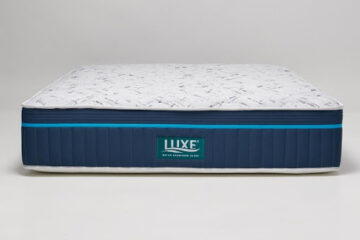There are many misconceptions and, ironically, some stigmas attached to rehabilitation. People sometimes don’t get past the idea that they need rehab when it comes to themselves or their loved ones.
While, at the opposite end of the spectrum, there are people who believe that rehabilitation works as a miracle and can help people get out of their problems, irrespective of the addiction severity and the overall patient’s state of mind.
But what is the truth about the rehabilitation? How legitimate are the results? And more importantly, can you trust rehab after all if you’re dealing with some kind of addiction? We have covered all the important myths and the truth in parallel here in this post.
1. Myth 1: Rehab is only for those who have reached rock bottom.
Most individuals believe that one has to lose everything before they can be helped. This is not true. Rehab helps at many stages. Early assistance can prevent harm and produce more positive results. You need not wait until disaster strikes.
Rehabilitation has the capacity to safeguard health, employment, and relationships. It is important to mention here that many under the influence of addiction don’t want to get help. That’s where loved ones and a friend can help them get out of the problem.
2. Myth 2: To stop drinking, you need to leave home and go to rehab.
Rehab is not necessarily a lengthy stay outside of home. There are many levels of care at Rehability for alcohol recovery. Outpatient treatments, day and short residences may all be effective. The correct choice would be personalized to the individual’s needs.
Others require a brief inpatient detox followed by an outpatient program. Some might as well require their way with counseling support. All of these are addressed with 24/7 support.
3. Myth 3: Rehab consists only of detoxing from drugs or alcohol.
This does not mean that detox is unimportant because rehab is more than simply medical withdrawal. It contains joint effort, skills development, family governance, and future projection. Treatment helps change cognitive and behavioral patterns.
It also imparts skills of coping with stress without drugs. For example, if you need to have a psychoanalysis of your later developed habits, maybe you’re doubtful about your lifestyle, you can get a perspective from a professional in this regard. So, it is an overall great experience. In fact, we get therapy that helps us throughout our lives.
4. Myth 4: Asking for Help Implies a Failure.
The need for treatment is, in fact, a strength. It shows how an individual can identify a problem and take action to resolve it. A large number of those attending rehabs retain their jobs and families. Healing is a process of going toward a more positive and powerful life. Failure is not the end; it is a blueprint for change.
It is very compelling for people who are constrained by the idea of getting a rehab because they think that their lives will be more disturbed, which wouldn’t be the case.
5. Myth 5: Rehab is very costly, or the insurance will not cover it.
The last one often gets side by side with all the above myths while considering rehabilitation. Many people worry about cost. However, most rehabilitation facilities are insurable, and affordable options are also available.
Many employers’ plans cover addiction treatment. Centres with payment plans also exist. Before giving up on treatment, call a helpline to explore your options. A casual inquiry on assistance that you can rely on.
Conclusion
So these were the common five myths around rehabilitation that create doubt in people’s minds. Rehab is transformative and easy if you don’t have any doubts. It is best to inquire about the cost of sessions and other related charges before actually setting your mind. Feel free to compare the prices. The procedure’s effectiveness and how it treats patients also need to be considered.



